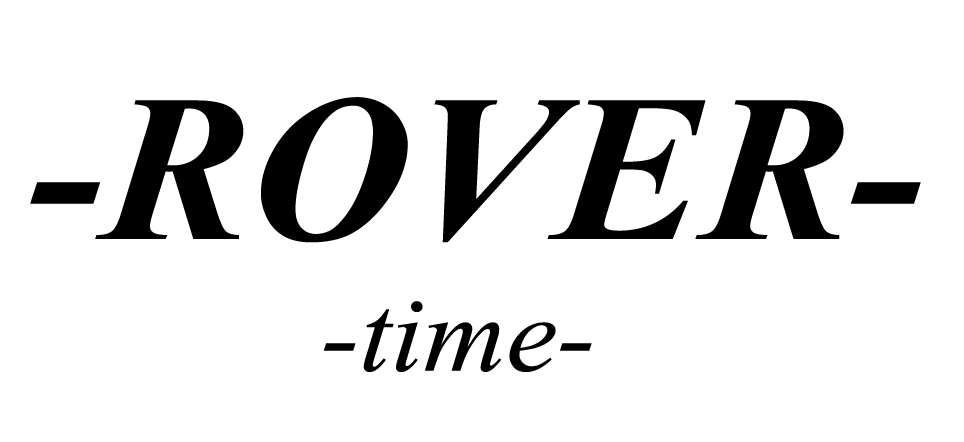Choosing a Virtual Data Room Provider
When choosing a virtual data room service, it is important to understand how each one differs in features, security and storage. Some companies index charge based on the amount of pages they upload while others charge on the basis of access levels and/or the granular settings for permissions. Some vendors also offer bundled solutions which include e-Signature Software eliminating the need for third party signatures.
Typically virtual data rooms are used for merger and acquisition processes that require extensive documentation sharing with several parties. Modern VDRs offer a range of features that go beyond M&A. These platforms can be helpful in facilitating due diligence, capital raising, reports on investor relations, IPOs and post-M&A integration.
VDRs can also facilitate collaboration during projects by allowing teams to make comments and mark up documents in real time. This can save valuable time that would otherwise be spent sending drafts back and back. Furthermore, a well-designed platform can cut down on costly overheads such as travel and photocopying by providing remote access to project data.
Like with any tech solution, reliability and performance are key. Ask potential partners how often their systems are shut down. It’s also recommended to inquire whether the vendor offers a trial version of the software you can try to determine if it meets your expectations. Additionally, a complete set of security features is essential. Ensure that the provider offers antivirus and malware scanning, two-factor authentication and advanced encryption. These safeguards give you peace of mind knowing that the information you upload is secure.


